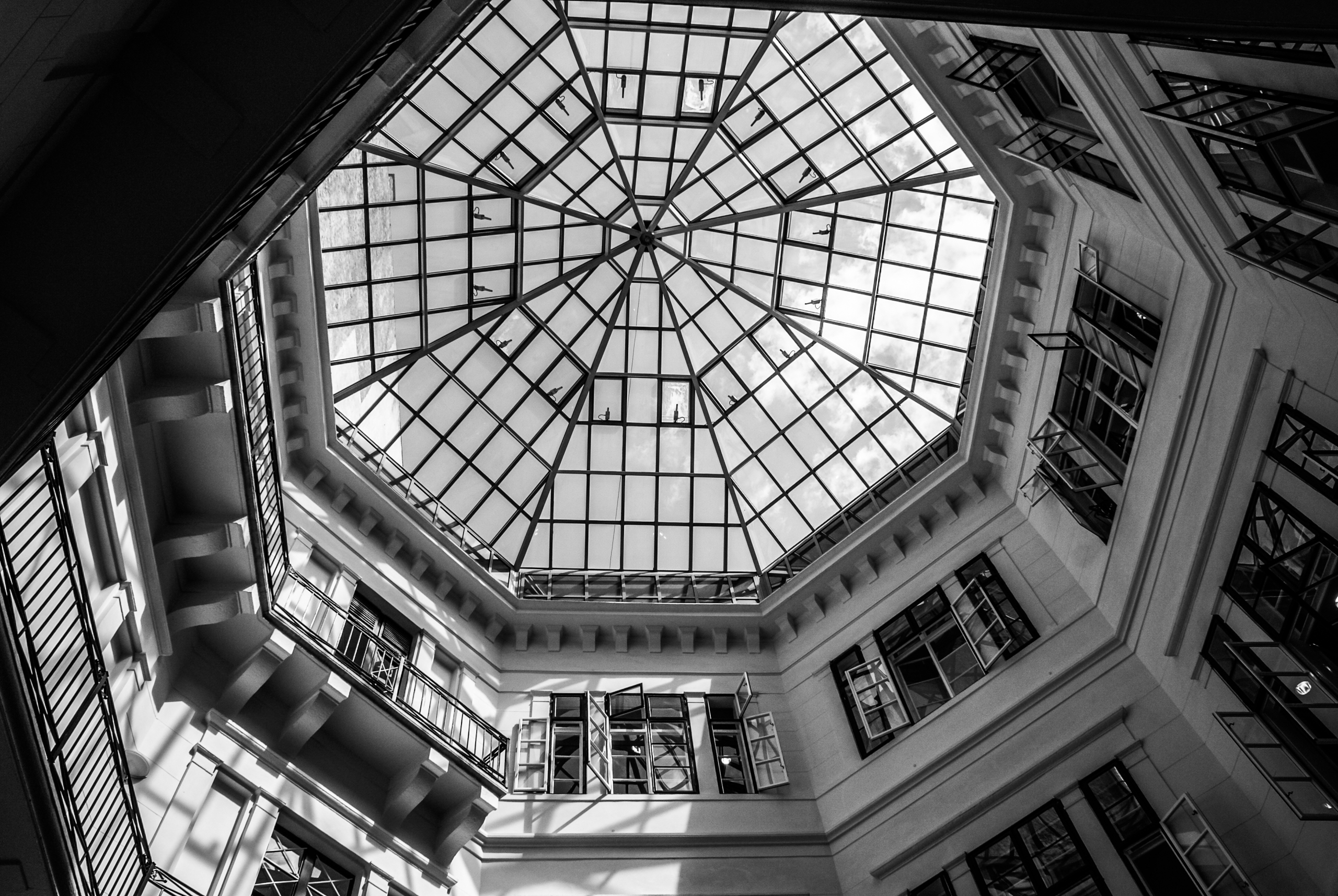A short synopsis of Oppenheimer (2023) fits into a short sentence: three hours of refined human stupidity. When military personnel or political stakeholders come into play, the dialogues are so absurd that they seem like fiction. Only problem is, as it turns out, it’s all very real.
Posts in "English"
Insecticide risk map exposes threat to aquatic life
The global threat that insecticides pose for aquatic biodiversity has been revealed in a recent modelling study that pinpoints areas at greatest risk. The mapping exercise conducted by the researchers reveals that aquatic life in water bodies within 40 per cent of the global land surface is at risk from insecticides running off the land.
State of the Tropics sees universities reach out to society
Paulo Rebêlo Scidev.net | 25.jul.2014 link Twelve universities and research institutions from around the world have joined forces to assess the critical issues facing the world’s tropical regions and to… Continue reading
Recife’s tech hub takes on Brazil’s wealthy south
Paulo Rebêlo BBC – 16/out/2013 link It’s one of Brazil’s biggest tech hubs, but Recife’s Porto Digital (Digital Harbour) is no gleaming expanse of shiny metal and glass. Instead, this… Continue reading
Brazil’s Security Concerns Rise as 2014 FIFA World Cup Approaches
Paulo Rebêlo Diálogo – March 5, 2012 link original BRASÍLIA — The head of the Federal Police in São Paulo is preparing his officers for Brazil’s upcoming 2014 FIFA World… Continue reading
Used and Refurbished Tires Still Finding Their Way Through Latin America
Paulo Rebêlo, as guest blogger Greentech Media (link) 31.mar.2009 The Supreme Court in Brazil is once again struggling to decide the import of used tires from other countries, especially from… Continue reading
Ong Bak 2
Paulo Rebêlo Ohmynews International (link) 31.mar.2009 When compared to the first “Ong Bak” movie, this 2008 sequel is pretty much a failure. Released in 2003 and by far one of… Continue reading
Schmap Budapest Guide 2009
A foto a seguir foi selecionada para fazer parte do novo Schmap Budapest Guide 2009. A imagem foi feita em 2006, do lado de Buda, usando uma câmera Sony DSLR-a100,… Continue reading
Brazil becomes antipoverty showcase
Christian Science Monitor Nov 14, 2008 Stories by: Sara Miller Lana Photos by: Paulo Rebêlo ( link ) In the arid, impoverished expanse of northeast Brazil, Cumaru is the town… Continue reading
Public Inspection and Information Transparency: A Task for Only a Few
Paulo Rebêlo * SUNSHINE Week Toolkit March 05, 2008 Government expenses — any government — are upwards every year. And the higher the expense is, higher is the trouble to… Continue reading
Things I will miss
Paulo Rebêlo The Budapest Sun – 13.junho.2007 link original After almost one year living in Budapest, if someone asks me to make a list of what I have learned or… Continue reading
Black coffee, white devil
Paulo Rebêlo ( email ) The Budapest Sun – 11 .April. 2007 link original Those that say there is a coffee tradition in Budapest are not telling the truth. At… Continue reading
